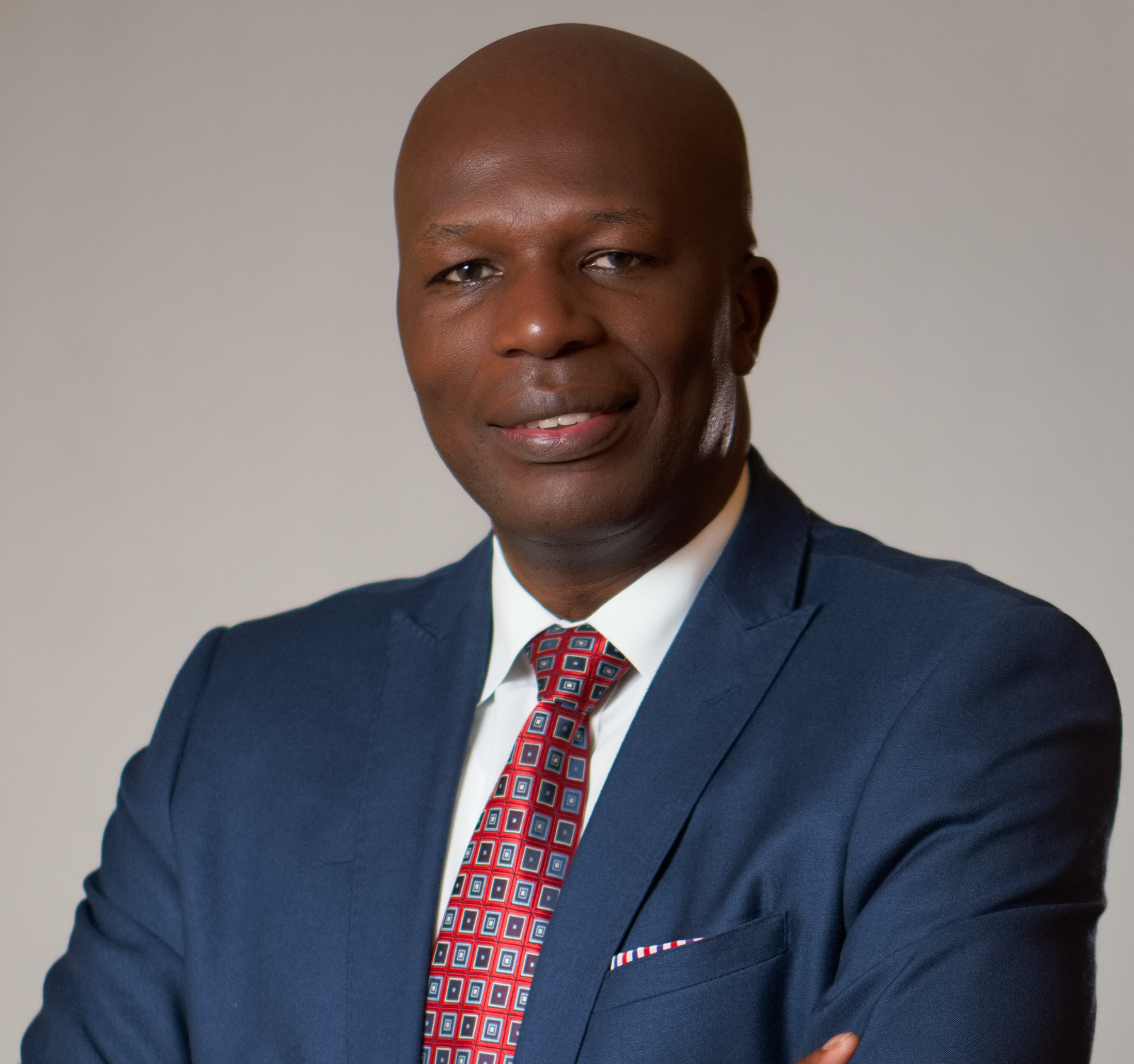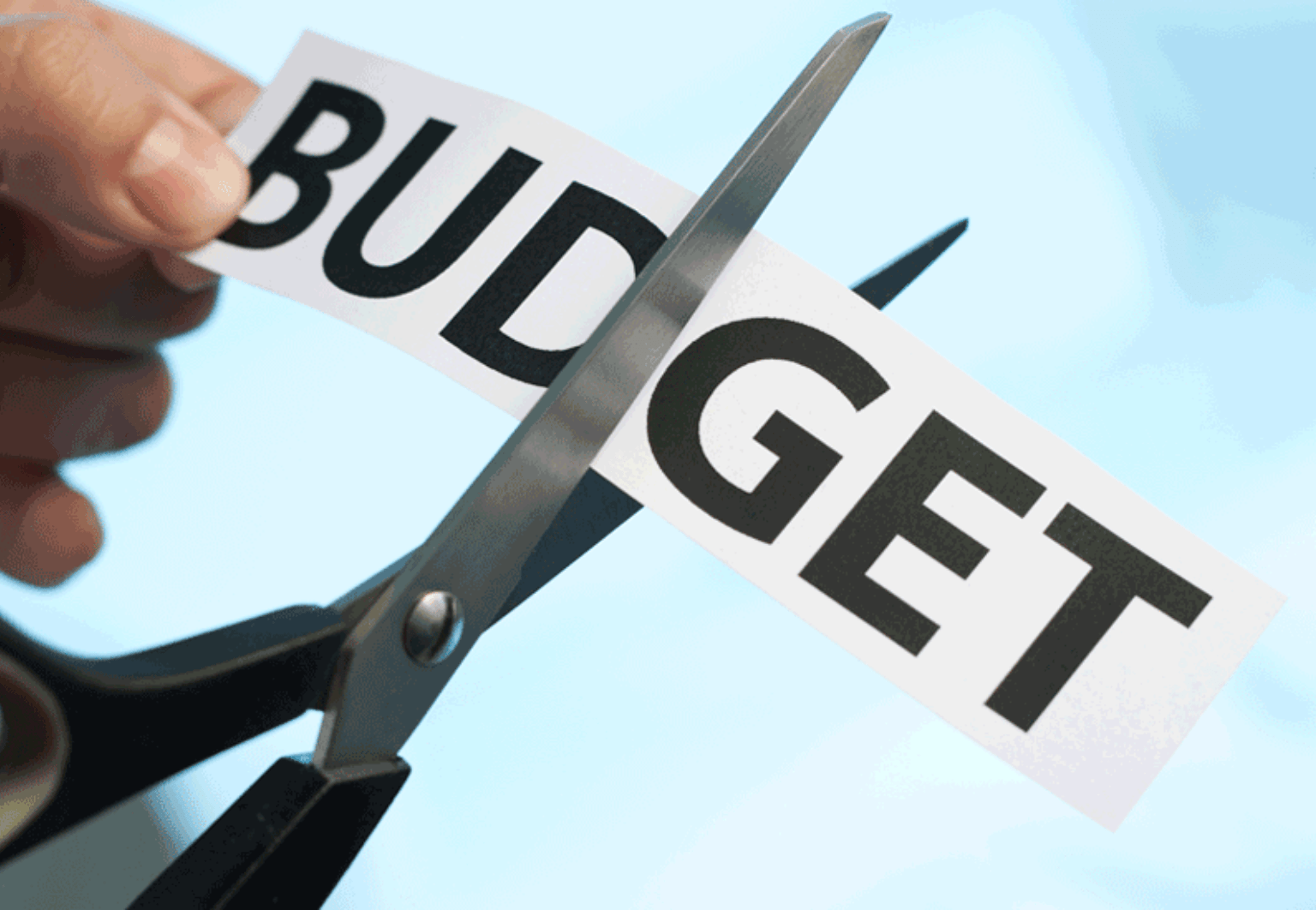
NASSAU, BAHAMAS — The PLP administration has delivered a budget which while leaving room for discussion and debate, on many fronts, has delineated numbers that are very positive and welcoming news from a fiscal and debt management perspective. The projections suggest that the country is on a path to seriously signal to the international markets a turnaround in fortunes and for international and domestic investors a level of certainty that would not have been easily anticipated two years ago. Every aspect of this good news turns fundamentally on what the final outturn of 2022-23 fiscal will be.
POSITIVE NUMBERS
In 2021, shortly after the election, I had the privilege of being in a meeting with the Prime Minister, as part of a team paying a courtesy call. At a point in the meeting, he turned unexpectedly to me and asked how things were and what my views were. My response was that he had been elected at a very critical point in the history of the country. I then went on to indicate that the importance of the moment lies in the fact that if his administration failed to get the next five years term right the cost could be very high and consequently we must all be fully aligned and supportive of the need for his administration’s success.
Having regard for the then prevailing pandemic and the effect from the destruction of Dorian the statement could have been easily utter by anyone without much thought. My position remains the same and it’s against this backdrop that I view the 2023-24 budget presentation. The signaling, so far as the numbers are concerned, creates some level of optimism. The high point of the presentation in my view was the fact that the projections earlier outlined in the Fiscal Strategy Report 2022 where clearly delineated almost to the penny. I previously took the view that it would have been “a big ask” to secure a 79 percent reduction in the deficit in 2023-24. The trends suggested that while the economy was reconsolidating well, and at a faster pace than initially anticipated, there was the likelihood of an early plateauing and consequently with the Administration’s early declaration of no desire for increased taxes it would have been challenging.
The reality is that revenue is projected at $3.3B for 2023-24 increasing steadily to 2026-27 where revenue will hit $4B and well entrench in a circumstance of having a surplus. The current fiscal anticipated to have an outturn of $2.9B with a projected deficit of $520 million. Despite stating no new taxes it is evident that there have been increases in a number of areas. The Administration has found ways to stretch the current tax base to meet its objective. It is my view that the Administration should be commended for seeing the need. Acknowledging the challenges and taking bold steps to secure the revenue needed. One cannot, however, get past the fact that the 2022-23 performance reported is only up to nine months and the language used in predicting the outturn to the end of the fiscal by the prime minister is extremely conservative and hedging in some regard. That said, should these number hold true, it would represent a major and important accomplishment.
It remains no secret that the country can ill afford another downgrade in light of the current struggles with its debt circumstance. It is imperative that the last quarter of 2022-23 perform as projected or closely thereto. The implications of it being otherwise held important adverse implications. When the Financial Secretary noted recently that the government has launched “the most coordinated tax collection and enforcement ever”; that “the country must realize its targets for 2022/23”; and that “a lot of fiscal pressures is alleviated when everyone pays taxes due”, amongst other things, he was effectively laying out and rationalizing what the potential cost of getting it wrong may look like. He stated: “We don’t want to raise tax rates…we always have a choice from a broad range of options, but by far the most palatable option we have is improving our compliance”. At face value a clear and unequivocal statement and on analysis, one that goes fundamentally to the root of a very complex set of circumstances facing policy makers. Get 2022-23 wrong and the shifts could be potentially seismic. Traditionally expected outturns for the current fiscal is presented with greater precision than is evident in the current budget.
The Prime minister in declaring the revenue performance noted “I am confident the revenue outturn at the end of the Fiscal Year 22/23 will near $2.9B” with respect to expenditure the statement was even less precise “…expenditure at the end Fiscal Year 22/23 will almost reach the target of $3.1B set in the Supplementary Budget.” Having followed and analyzed budgets for over a decade my preference would to have seen the normal approach which sends a clear signal that there is a narrow room for differences. Such a state cannot reasonably he held in this instance, however, confidence must be expressed in the high office of the Prime Minister. In analyzing it must be assumed that they did their homework well and therefore the numbers are likely to be as stated.
BEYOND THE NUMBERS
Hawksbill Creek – The budget presentation has drawn attention to a very important issue that is a general concern for the performance of the Hawksbill Creek arrangement in Freeport Grand Bahama. The Prime Minister was unequivocal that there is dissatisfaction with how that is currently working. Subsequent commentary suggests that the matter could be differently argued. It remains though maybe one of the most significant pronouncements which though important is unlikely to have any near term impact on the fortunes of the country. The importance of this arrangement must be acknowledge and the extent to which it fails to meet objectives must be addressed in the interest of the country, based on full factual analysis and expert participation. Respecting the complexity of the issues commentary on this is better left to subsequent developments and the intervention of more knowledgeable and closely associated parties.
Government Financing – The numbers augers well for the financing needs of the government which is projected to decline over the next four years. With the cost of debt averaging 5.5 percent and a growth rate of well upwards of four percent needed to achieve the $16B economy by 2027, the country is operating in interesting circumstances. What is most critical though, from the budget communication, is the means by which the government will seek to access lower-cost funding. As was done recently it intends to leverage institution such as the IDB to secure credit risk enhancement. Therefore while the numbers are indicative of a march in the right direction it is clear that the country is still not out of the woods from a credit perspective. With still seemingly limited options in the domestic market it is important to pay attention to this policy position clearly informed by the realities if the recent struggle to seamlessly secure funding for known borrowing needs. 2023-24 projected performance could represent a watershed moment and an important turning point for the country’s debt management. This desired outcome must be viewed against the fact that 20 percent of total expenditure goes towards payment of interest on debt. The ability of the country to reduce the cost of borrowing holds serious implications for social and infrastructural advancement. When a fifth of all spending is on debt, domestic or external, and with slippage in performance that amount would grow, everyone committed to the success of the country must have a desire for a fundamental turn around. In this regard, the numbers must hold and projections achieved. In Part II I will take a look at some of the major policy statements emerging from the budget and suggest what might have been missing from the presentation.
Hubert Edwards is the Principal of Next Level Solutions Limited (NLS), a management consultancy firm. He is currently a student at the Eugene Dupuch Law School. He can be reached at info@nlsolustionsbahamas.com. Hubert specializes in governance, risk and compliance (GRC), Accounting and Finance. NLS provides services in the areas of enterprise risk management, internal audit and policy and procedures development, regulatory consulting, anti-money laundering, accounting and strategic planning. He also chairs the Organization for Responsible Governance’s (ORG) Economic Development Committee. This and other articles are available at www.nlsolutionsbahamas.com






